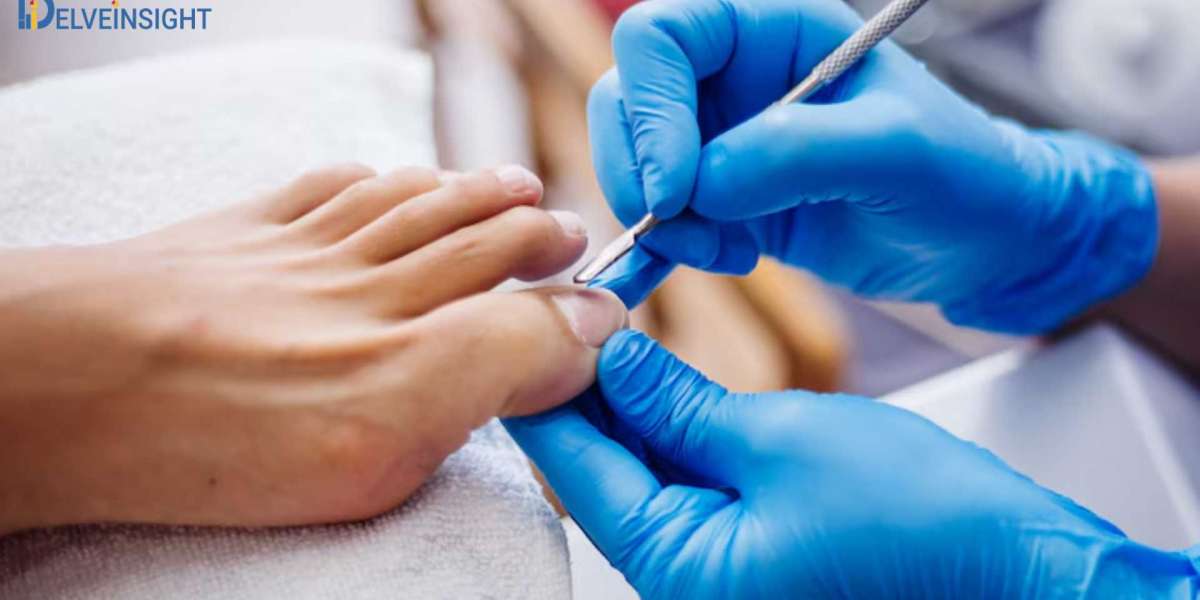Vitamin K2: Unlocking New Health Potential, From Bones to Long COVID
Once primarily recognized for its role in blood clotting, Vitamin K2 is rapidly emerging as a superstar nutrient, with a growing body of research highlighting its crucial role in bone, cardiovascular, and even immune health. Recent news reports and market trends indicate a surging interest in this fat-soluble vitamin, driven by new scientific discoveries and increasing consumer awareness.
Cardiovascular Health: Preventing Arterial Calcification is Key
One of the most compelling areas of Vitamin K2 research revolves around its impact on cardiovascular health. Studies continue to emphasize K2's ability to activate Matrix Gla Protein (MGP), a protein that acts as a potent inhibitor of vascular calcification. This means Vitamin K2 helps direct calcium into bones and teeth, rather than allowing it to accumulate in arteries, which is a major risk factor for heart disease.
Recent peer-reviewed research, including findings in the Journal of the American College of Cardiology (JACC), has highlighted the promising potential of Vitamin K2 MK-7, particularly in conjunction with Vitamin D, in slowing the progression of coronary artery calcification (CAC). While some trials show no significant effect on mitigating calcification over shorter periods, longer follow-ups and subgroup analyses (especially in high-risk individuals) are demonstrating notable benefits. A recent case-control study also revealed a higher prevalence of Vitamin K2 deficiency among patients with coronary artery disease, with the most pronounced decrease observed in those with unstable angina.
Bone Health: A Crucial Partner to Calcium and D
Vitamin K2 plays a central role in calcium metabolism, activating osteocalcin, a protein essential for binding calcium to bone tissue. This makes it a critical nutrient for maintaining bone mineral density and reducing the risk of osteoporosis and fractures, particularly in the aging population.
The global Vitamin K2 market for bone health is experiencing significant growth, with projections indicating a substantial increase over the next decade. This is fueled by rising awareness of osteoporosis and a growing demand for supplements that support bone health. Research, including meta-analyses, suggests that Vitamin K supplementation, particularly K2, can increase bone mineral density at the lumbar spine and influence the balance of crucial bone metabolism markers.
Beyond Bones and Heart: Emerging Roles in Long COVID and Metabolic Health
Exciting new research is exploring Vitamin K2's potential in broader health applications. A groundbreaking clinical trial recently published in the peer-reviewed journal Nutrients revealed that a daily dose of Vitamin D3 and Vitamin K2 MK-7 could help alleviate symptoms of Long COVID. Participants receiving the vitamin combination experienced significant improvements in the total number of Long COVID symptoms, including reductions in body pain and post-exertional malaise. The study also noted a decrease in inflammatory markers and oxidized LDL levels, highlighting the anti-inflammatory and immune-modulating properties of these vitamins.
Furthermore, Vitamin K2's impact on metabolic health, including its potential role in insulin sensitivity and glucose metabolism, is an area of ongoing investigation.
Market Trends and Dietary Sources:
The global Vitamin K2 market is booming, with strong growth projected through 2030, driven by increasing consumer awareness of its diverse health benefits. The MK-7 form of Vitamin K2 is particularly popular due to its superior bioavailability and longer half-life in the body.
While supplements are a growing segment, dietary sources of Vitamin K2 remain important. The best sources of Vitamin K2, specifically MK-7, are fermented foods like natto (a traditional Japanese fermented soybean dish), which is exceptionally rich in this nutrient. Other sources of various forms of K2 (MK-4, MK-8, MK-9) include:
- Hard and soft cheeses (e.g., Gouda, cheddar, Brie, Swiss cheese)
- Animal products like beef liver, chicken, and grass-fed butter
- Egg yolks
- Certain cured and fermented meats (e.g., salami, prosciutto)
- Sauerkraut
As research continues to unveil the multifaceted benefits of Vitamin K2, it is poised to play an increasingly prominent role in preventive healthcare and personalized nutrition strategies worldwide.








